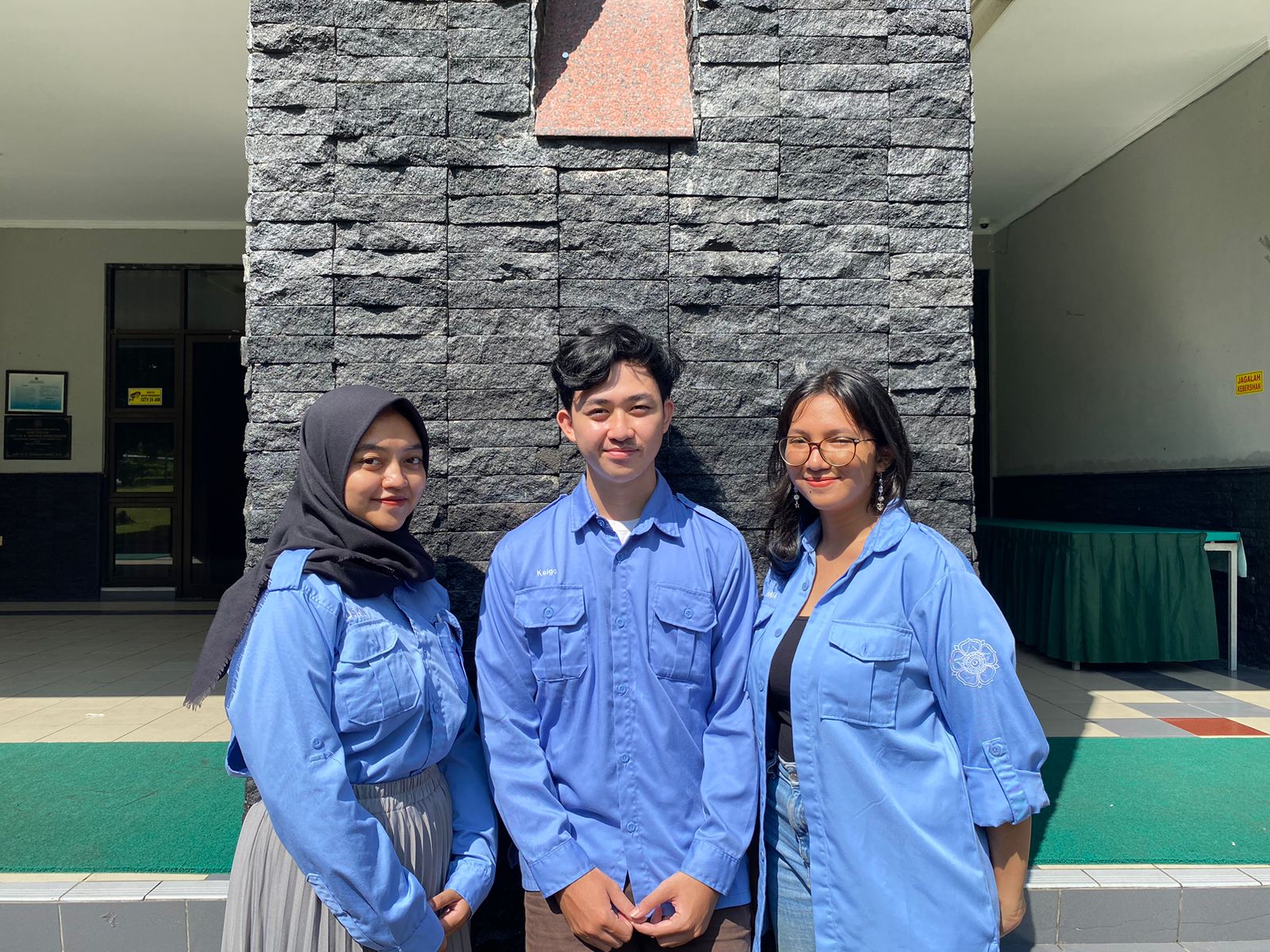
The Savoir team, chaired by Cokorda Keigoputra Pemayun and consisting of Rania and Sausan Syadzafie Shafar as a team won 3rd place (2nd runner up) after competing with 27 works from various universities in Indonesia and abroad with essay title “SEAWATER TREATMENT UTILIZING GENRALITE (Genetically Engineered Bacteria Based Bioreactor Integrated with Layered Filtration System)” at the Saraswati International Competition Essay Competition (SIC) organized by Mahasaraswati University, Denpasar in Student Scientific Week (PILLAR) X. The announcement of the SIC winners was held on 6 February 2023. This essay raises the issue of ocean health and its relation to water scarcity as essential for the survival of living things. The Savoir team presented an innovative bioreactor for managing seawater as a source of consumption water with various technically integrated filters.
This essay was created to present an innovative idea for the management of seawater as a source of consumption, both domestic, industrial, or agriculture and animal husbandry. This innovative idea originated from concerns about the quality of water consumed by people in Indonesia, which is still very low compared to other countries. On a larger scale, there is the problem of scarcity of water, let alone the scarcity of access to quality water, for consumption in various countries, up to the problems of drought, famine, and epidemics. As we know, the sea has potential resources to be managed and utilized to meet the global need for water. The availability of high and constant sea water and considering that the sea itself covers most of the earth’s surface, the sea is considered easier to reach or access by various groups. Besides salinity, the bioreactor designed by the Savoir Team facilitates an integrated filtration system to purify water from pollutants including plastic. Plastic is the largest waste dumped into the sea and is fragmented into microplastics which are not only dangerous for marine biota but also for humans. Microplastics contained in seawater are processed by adopting the findings of microbial enzymes from Ideonella sakaiensis which can degrade plastics. However, the difference with existing findings is that the enzyme is produced from genetically modified Escherichia coli bacteria. Ideonella sakaiensis‘s plastic-degrading enzyme-producing gene was inserted into an Escherichia coli plasmid. After the plastic is degraded by the enzymes from these microbes, the water goes through a purification stage from the microbes by utilizing ultraviolet light, so that the risk of water contamination by microbes is low according to water quality standards for consumption.
This essay is considered as the first step in achieving the Sustainable Development Goals (SDGs) or Sustainable Development Goals number three, six, and fourteen. These goals are Good Health and Well-being, Clean Water and Sanitation, and Life Below Water (Maintaining Marine Ecosystems). The Savoir team hopes that this idea can lead to further innovations that pay attention to environmental sustainability and the survival of civilization.
